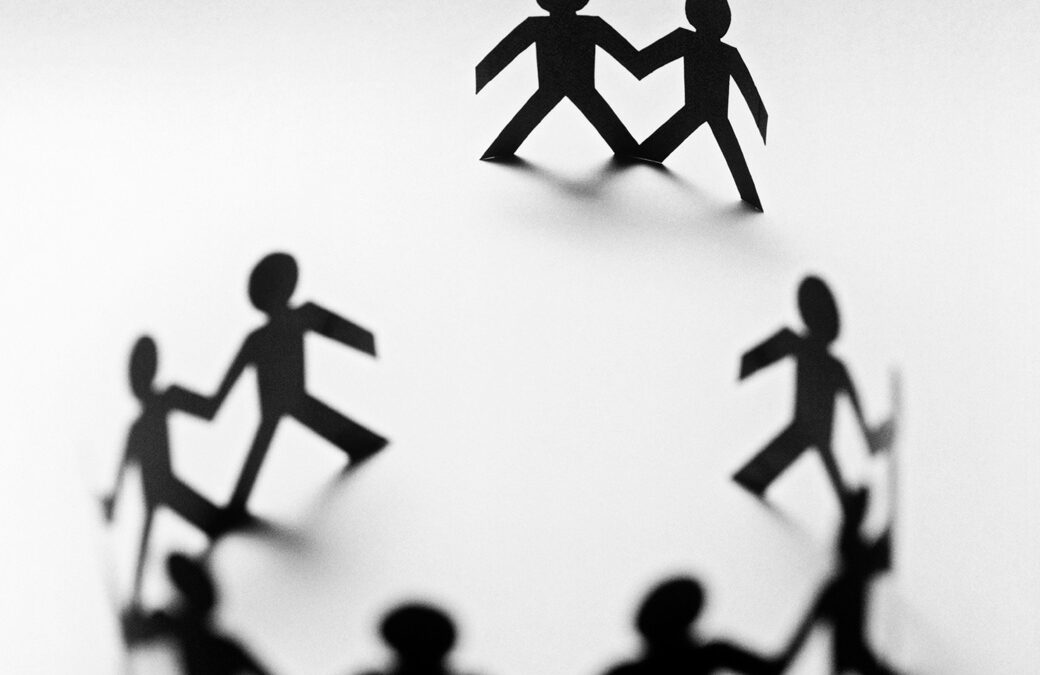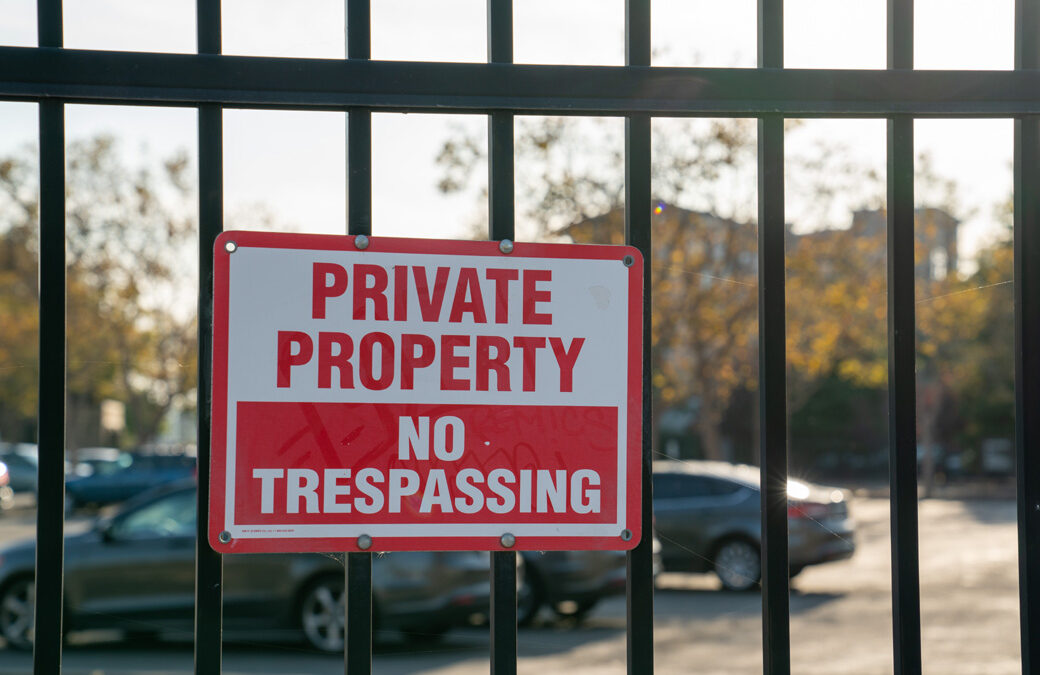
by Daniel Setareh | Apr 19, 2024 | Personal Injury
When visiting or vacationing in California, experiencing an injury can be a sudden and unwelcome interruption to your plans. Whether it’s a slip at a hotel, a collision on the state’s bustling highways, or any other accident, knowing the immediate steps to...

by Daniel Setareh | Apr 17, 2024 | Personal Injury
Understanding who is at fault in truck accidents and multi-vehicle collisions is crucial for anyone involved in these incidents. These accidents often result in significant damage and injuries, making it essential to establish liability accurately. Liability...

by Daniel Setareh | Apr 16, 2024 | Personal Injury
When a family outing or an adventurous trip turns tragic due to the loss of a loved one, understanding the intricacies of liability and wrongful death becomes paramount. The heartbreak of losing someone in circumstances that could have been preventable adds a complex...

by Daniel Setareh | Apr 14, 2024 | Personal Injury
When an accident occurs, it’s not just the direct participants who suffer; bystanders can also find themselves victims of unforeseen circumstances leading to injury. If you find yourself in such a predicament, knowing your rights and the avenues for seeking...

by Daniel Setareh | Apr 11, 2024 | Auto Accident
When a car collides with an animal, it can be more than just traumatic for everyone involved; it often leads to significant damage and raises complex questions about liability and compensation. In such accidents, determining who is responsible for covering the costs...

by Daniel Setareh | Apr 7, 2024 | Auto Accident
When it comes to navigating the aftermath of a trucking accident, understanding the role of safety inspections is crucial. For many, the question isn’t just about what happened, but how the condition of the truck and the adherence to safety protocols contributed...

by Daniel Setareh | Apr 4, 2024 | Personal Injury
When an incident occurs on private property, determining who is liable can often seem like navigating through a maze without a map. The straightforward answer is that it usually depends on the specifics of the situation, such as the condition of the property, the...

by Daniel Setareh | Mar 20, 2024 | Motorcycle Accident
When a motorcycle accident occurs involving a left-turn collision, determining who is at fault is critical for the parties involved. In California, the laws governing fault in these situations are designed to ensure that justice is served, taking into account the...

by Daniel Setareh | Mar 18, 2024 | Motorcycle Accident
Understanding the legality of children as passengers or riders on motorcycles is crucial for ensuring their safety and compliance with the law. While it is legal for kids to be motorcycle passengers and riders, strict regulations and conditions apply. At Setareh Law,...

by Daniel Setareh | Feb 15, 2024 | Auto Accident
When embarking on off-road adventures, the thrill and excitement can sometimes lead to unforeseen accidents. If you find yourself involved in an off-road vehicle accident, it’s crucial to understand the steps to take following the incident and how it might...











